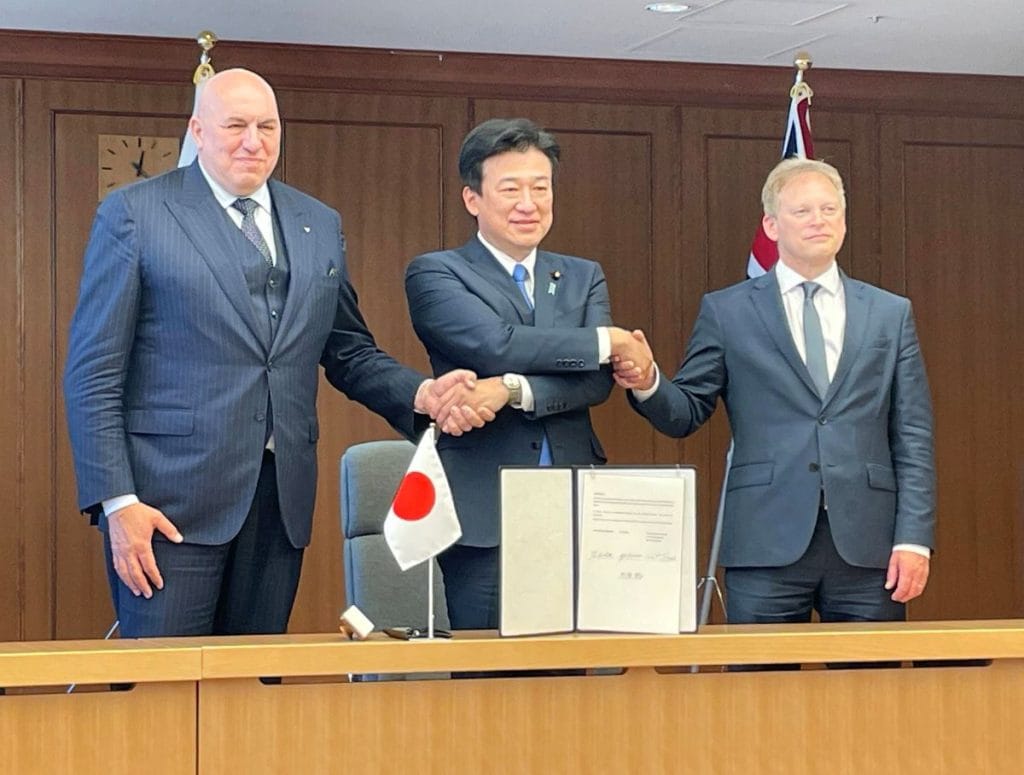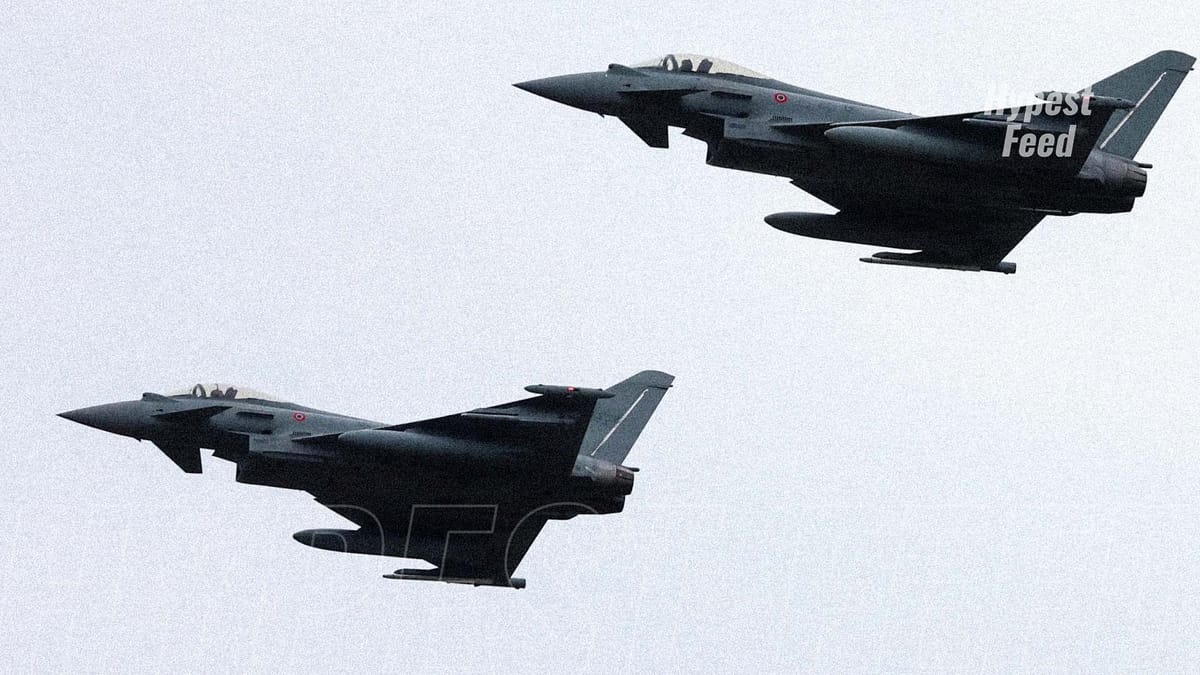Japan has taken a significant step away from its long-standing pacifist policies as it greenlights the export of new fighter jets developed in collaboration with the UK and Italy. In a move signaling a departure from its traditional stance on arms exports, Japan has eased its regulations to permit the sale of these advanced aircraft to countries with which it has defense agreements, provided there is no ongoing conflict in the recipient nation.
This shift in Japan's defense posture comes amidst escalating tensions in the region, with Tokyo citing growing threats from neighboring powers like China and North Korea. With a pledge to double military spending by 2027, Japan is recalibrating its security strategy to address emerging challenges effectively.

Each sale of the jointly developed fighter jets will require approval from the Japanese cabinet, ensuring careful consideration of strategic implications and adherence to established protocols. The collaboration between Japan, the UK, and Italy on the development of these cutting-edge aircraft, known as the Tempest project, represents a significant milestone for Tokyo, marking its first defense equipment partnership with a country other than the United States.
The timing of this decision is noteworthy, coinciding with Prime Minister Fumio Kishida's upcoming visit to the United States in April. During his visit, Kishida is expected to reaffirm Japan's strong alliance with Washington and its commitment to deeper defense cooperation.
Kishida has underscored the importance of allowing the export of warplanes to third countries to uphold Japan's credibility as a reliable partner in international defense initiatives. Government spokesperson Yoshimasa Hayashi emphasized the imperative of ensuring Japan's national security by realizing the development of fighter jets equipped with essential capabilities.
Despite these developments, Japan remains steadfast in its commitment to the principles of pacifism enshrined in its post-World War II constitution. Defense Minister Minoru Kihara reiterated Japan's adherence to a strict decision-making process for arms exports, affirming the nation's continued commitment to maintaining a self-defense posture.
Japan's evolving stance on arms exports reflects a gradual departure from its historical reluctance to engage in military-related activities beyond its borders. This shift began with the easing of arms export restrictions in 2014 under former Prime Minister Shinzo Abe and has since been further relaxed to allow for the export of lethal weapons manufactured under foreign licenses.
The recent decision to export advanced defense equipment underscores Japan's evolving role in international security affairs and its growing willingness to contribute to collective defense efforts. However, Tokyo remains cognizant of the delicate balance between bolstering its defense capabilities and upholding its pacifist principles, navigating these complexities with careful consideration and strategic foresight.



Member discussion: